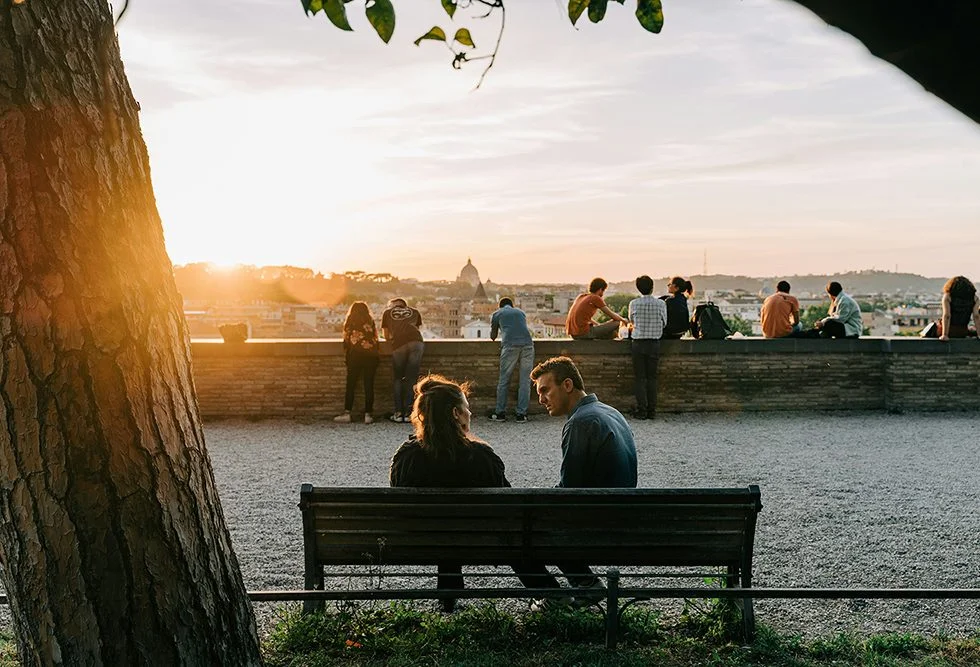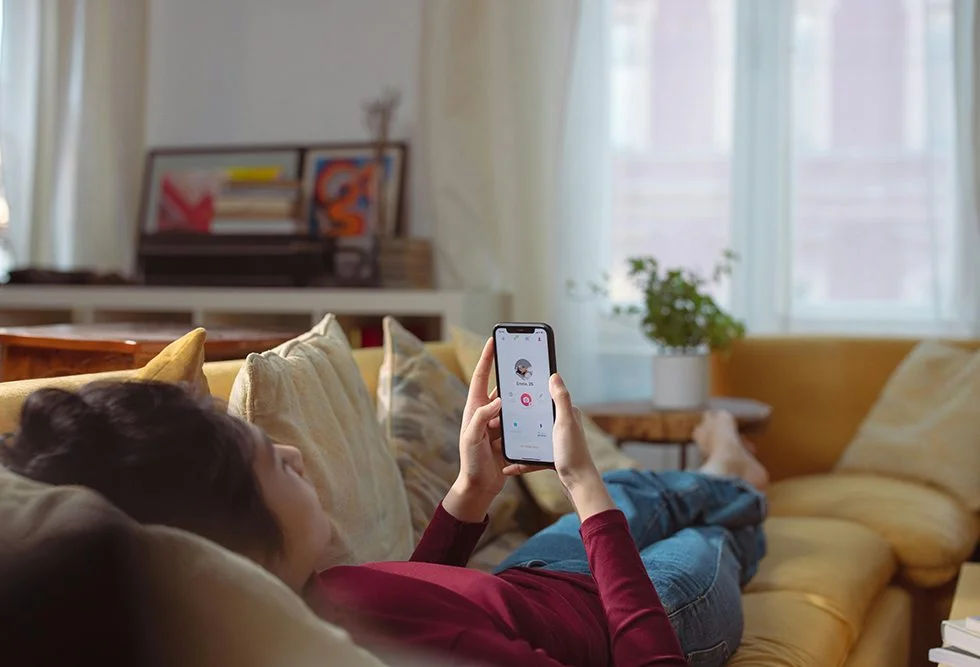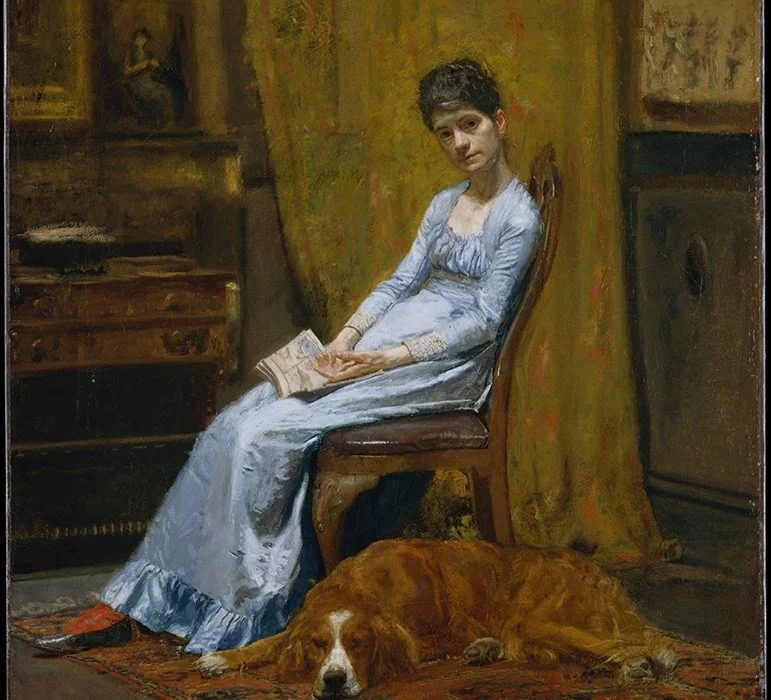Relationships • Mature Love
How Regrets Increase As We Grow
There is a paradox around regret when it comes to relationships. The more we learn about ourselves and others, the more regrets we are liable to feel about how our lives have unfolded. The price we pay for increased self-awareness is a heightened sense of responsibility.
By contrast, from a position of youthful ignorance, much that happens to us in our love lives simply seems to have no clear reasons behind it and can therefore be interpreted as either inevitable or illogical – and, on this basis, no cause for special mourning. Relationships may have failed, but they couldn’t really have done otherwise. The implosions were close to being acts of God, calling for no particular introspection, atonement or personal acknowledgement. They were dreadful; such things simply happen.

Yet as we learn more about how and why relationships fall apart (or stay together) and our distinctive contributions to these processes, the worse our feelings of loss are likely to grow. It may not simply be fate – or, alternatively, their fault. Ten years after the end of a given love story, we may (with the help of an astute therapist) come to the realisation that there was nothing at all predetermined about the dreadful ending. They pulled away not because of some unbudgeable force. It’s simply – as we now see – because we were holding on far too tightly. We put them under excessive pressure; we suffocated the person we adored. And we now also understand more about why we acted as we did.
When we were small, there was only one person we could rely on, and their presence couldn’t be guaranteed. That’s why the little version of us learnt to be extremely watchful and, later on, came down hard on any lover who showed signs of withdrawal. It’s why we insisted that they call us whenever they were out. It’s why we accused them of betrayal when they were only out dancing with their friends. It makes sense and, at the same time, brings home the immense and unnecessary toll exacted by our blindness.
For a second, we almost want to call the lover up – to explain to them that we see it all more clearly now – but it would be no use. Our behaviour chipped away at their love until there was nothing left. The goodwill drained away. They’re married to someone else, sensible and calm in a way we were not. They looked lovely in those recent photos we saw.
Or imagine that when we were young, we met a person – gifted, funny, kind – who at points we thought, with fervour, would be the love of our lives, the only person we would give our hearts to. But we hadn’t understood the things inside us that would militate against this precious and beautiful hope. We didn’t see the extent of our wounds, where they had come from or how they might impact others. In particular, we didn’t realise that we had never learnt how to communicate anger or hurt – and what the impact of this would be. Resentments built up in us that we couldn’t name or control. We went off sex, thinking this was natural. But deep down, we were furious with them about issues we hadn’t named.
In the end, we found ourselves having an affair with someone we didn’t even like. We couldn’t understand why; we wanted to rebel against a hurt buried in our unconscious. By the time the infidelity came to light, the relationship was beyond rescue. Certain precious vases can’t be glued back together again.
We’re with someone else now – lovely, kind and reliable – but if we’re honest, we’re still somewhere inside deeply in love. It seems like yesterday, sometimes. They’re living on another continent with two beautiful children. We exchange the odd polite email every three years. We’ll never replace them.
Such are the lives of those who dare to learn the proper truths about themselves in love: filled with moments of the most intense sadness at what they ruined and what could have thrived in safer, more knowledgeable hands; the stories that were irredeemably marred because insight came too late. Once we are more self-aware, there will be so many apologies we long to send, so much love that doesn’t know where it can go, so much sadness behind our smiles.


























